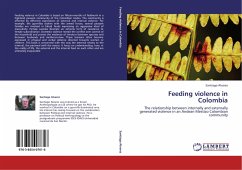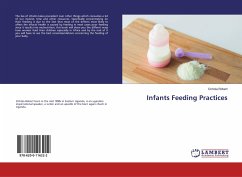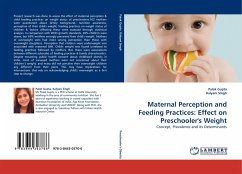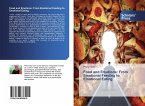Feeding violence in Colombia is based on fifteen-months of fieldwork in a highland peasant community of the Colombian Andes. The community is affected by different expressions of external and internal violence. For example, the guerrillas clashes with the armed forces, several peasant families are involved in blood feuds expressing an aggressive ideal of masculinity. Female suicides illustrate an extreme form of resistance to female subordination. Domestic violence reveals the conflict over control of the household and proves the existence of tensions between spouses and between husbands and mothers-in-law. These tensions often become expressed in physical and verbal violence directed towards women or children. This book is concerned with the way the external relates to the internal, the personal with the macro. It focus on understanding, how, in the reality of life, the external and the internal feed on each other and are ultimately inseparable.








